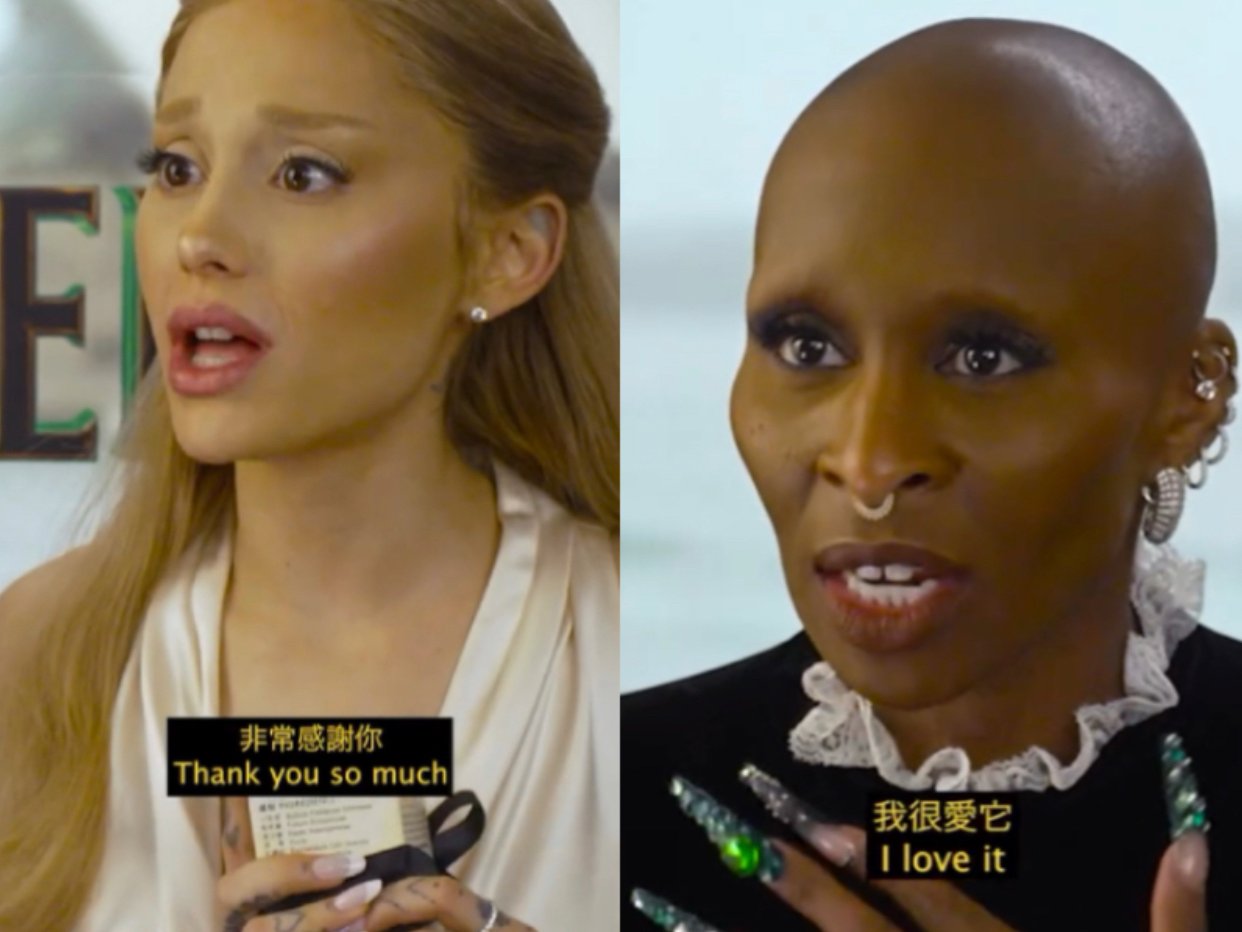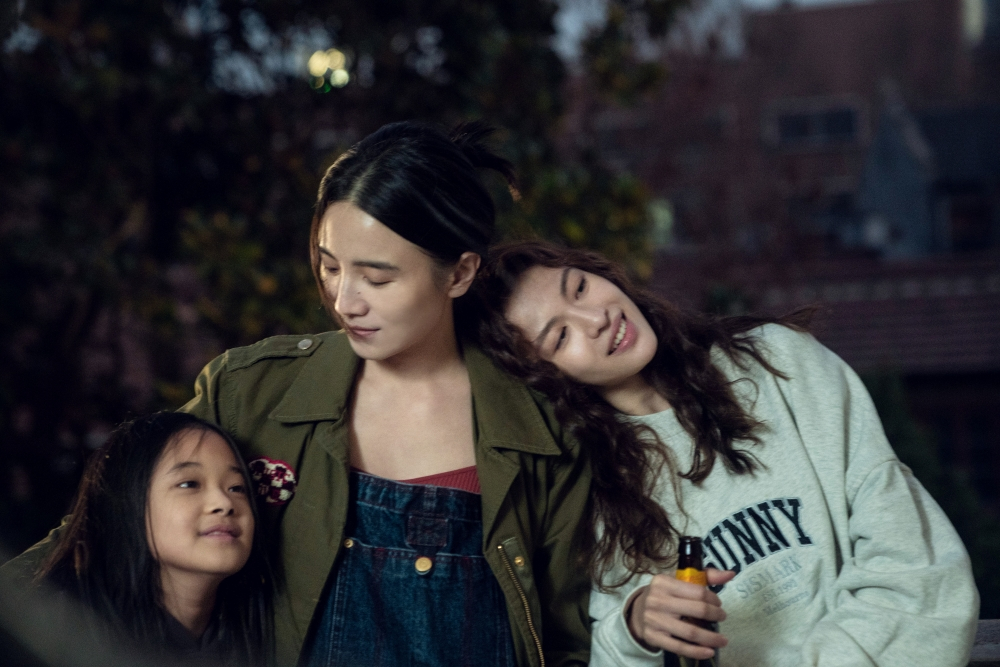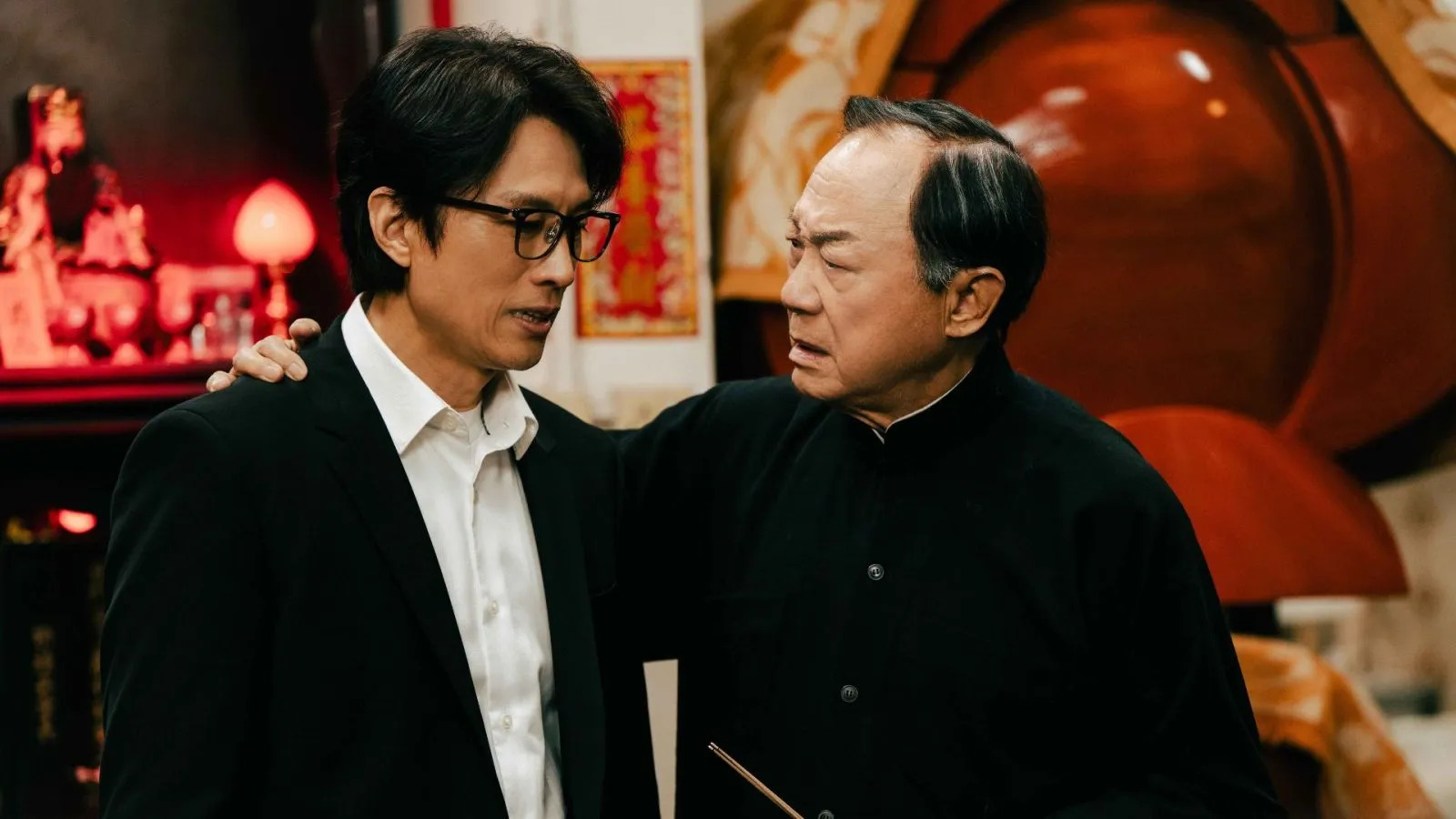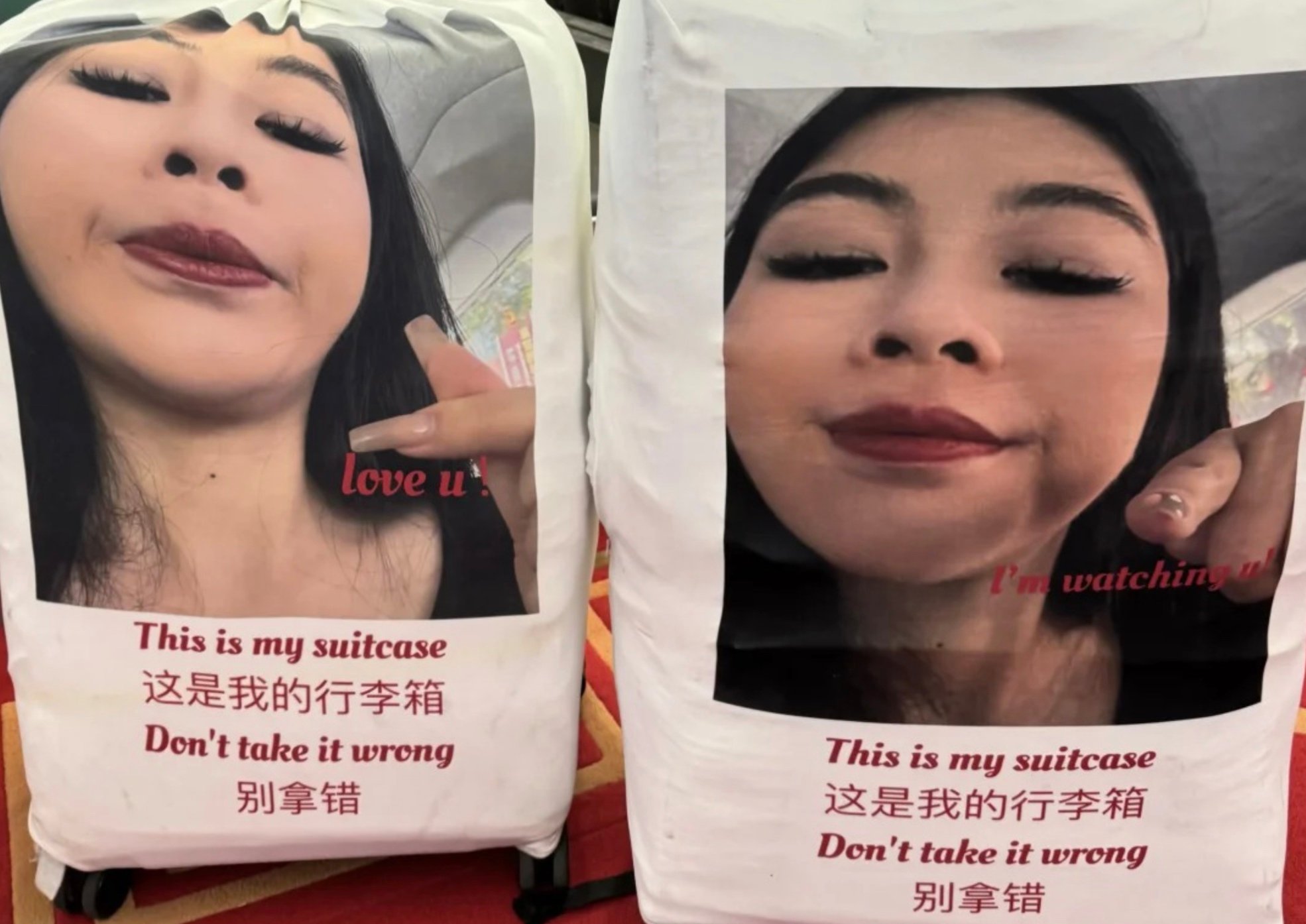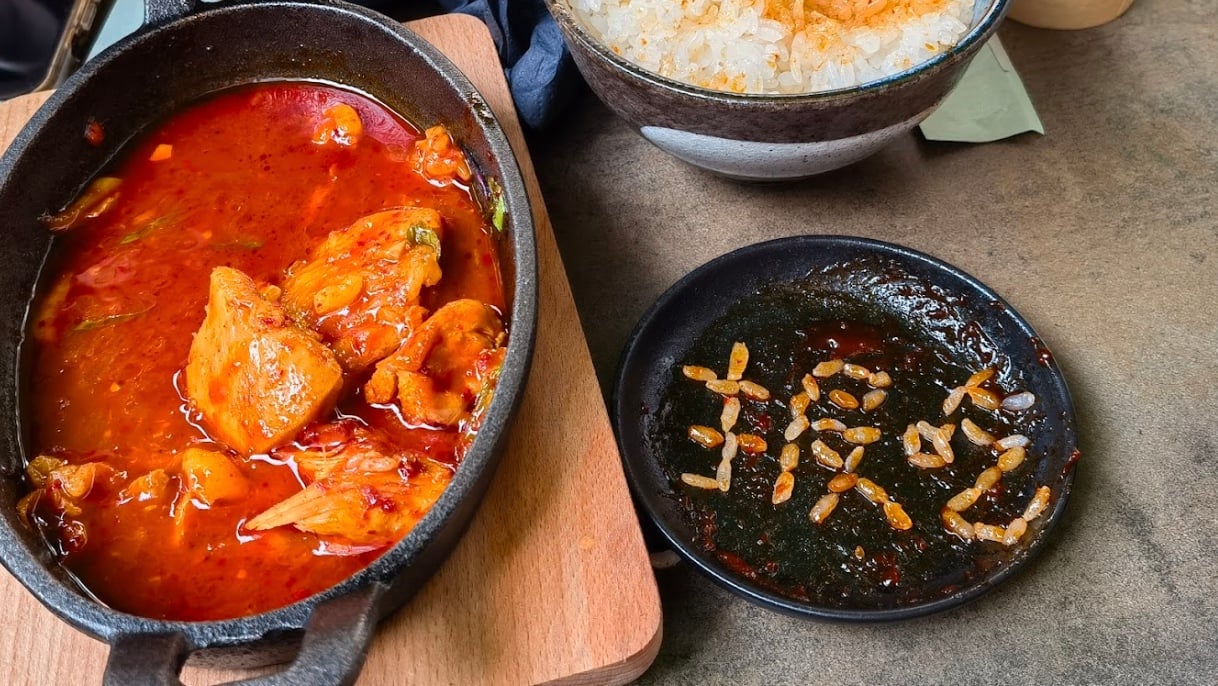The Chinese traditional cough syrup Nin Jiom Pei Pa Koa, commonly known as Pei Pa Koa, has been experiencing a rise in popularity recently, thanks to the cast of the Jon M. Chu-directed Wicked.
During an interview with Hong Kong-based news outlet Newsdaily Asia, stars of the musical fantasy film — Ariana Grande, Cynthia Erivo, Jonathan Bailey, and Jeff Goldblum — were each handed a gift-wrapped bottle of Pei Pa Koa. Almost immediately, Erivo and Bailey, both theater veterans, exclaimed that they were fans of the herbal concoction, before recommending it to their co-stars.
“I used it. I love it,” said Erivo as Grande curiously asked about the bottle. “It’s like a cough syrup, but like the most soothing thing ever,” Erivo explained. Grande was convinced by her colleague’s endorsement and said she would add it to her “vocal box.” Bailey echoed Erivo’s comments with similar praise, vouching that the concoction had got him through performing a musical, which prompted Goldblum’s curiosity, as he held up the bottle and said, “I need all the help I can get if this really works.”
The Wicked cast aren’t the only celebrities from outside the Chinese-speaking world to tout the benefits of Pei Pa Koa. In June, Zayn Malik created a buzz with his endorsement during an interview with British Vogue. In their In the Bag series, he revealed that he always carries the syrup with him. He praised its effectiveness for soothing vocal cords, especially helpful for singers like himself. The former One Direction member mixes it with water, likening its flavor to “honey from China.” Similarly, American singer-songwriter Jason Mraz mixes the Chinese herbal syrup into a cup of mint tea as part of his pre-show ritual.
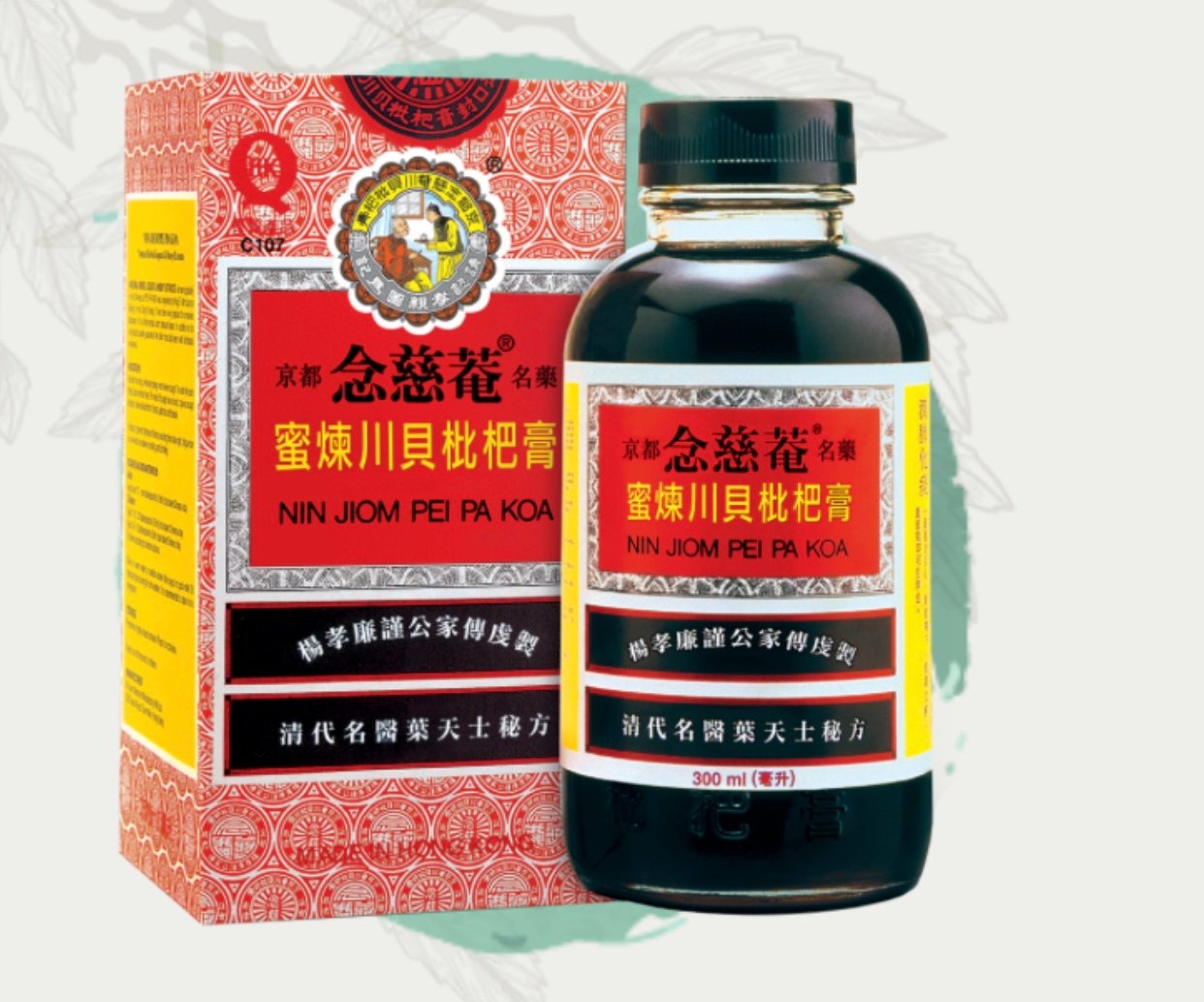
These unexpected mentions from global personalities have led to a significant increase in online discussions about Pei Pa Koa, injecting renewed interest in an age-old traditional medicine that has been a staple in many Chinese households for decades.
With roots reportedly dating back to the Qing dynasty, Pei Pa Koa contains herbs like loquat leaf, pomelo peel, and ginger. Despite its herbal properties, a thick honey base sets off any hints of bitterness, giving the syrup its signature sweet and highly palatable flavor. Pei Pa Koa’s longstanding reputation as a versatile herbal remedy has extended into innovative uses in drinks, desserts, ice cream, cocktails, and even bread spreads, further cementing its cultural relevance in the 21st century.
Banner image via Newsdaily Asia’s Instagram page.

